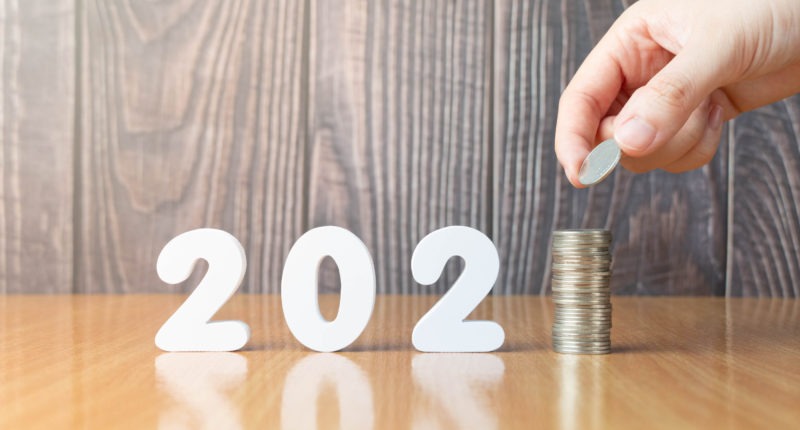The Finance Minister has announced that goodwill shall not be considered as a depreciable asset. Hence, depreciation cannot be claimed on the goodwill of business or profession. Depreciation on existing goodwill in the books is also considered as a non-depreciable asset.
The goodwill is an intangible asset. The existing income tax law explicitly does not allow depreciation on self-generated goodwill. However, there is no such provision on the allowability of depreciation on acquired goodwill. The value of goodwill is derived during the acquisition of the business. If the company is acquired for more than its net worth, then the excess amount paid is considered ‘goodwill’. The lack of clarity on eligibility to claim depreciation on acquired goodwill has given rise to ambiguity, resulting in dispute with the tax authorities on the matter of law.
Based on the landmark ruling set forth by the Supreme Court of India in the case of Smifs Securities Ltd. (2012), the taxpayers could claim depreciation on goodwill purchased or acquired. However, the proposed amendment expressly excludes ‘goodwill from business or profession’ from the definition of a depreciable asset. As stated in the memorandum, the rationale behind the proposed changes is that the goodwill may appreciate how a business is run. It points out to the fact that the value of goodwill can never decline.
To bring clarity on the taxability of goodwill while the acquisition of a business, the following is proposed:-
- Definition of the block of assets: The goodwill from business or profession (including existing goodwill) is excluded from the definition of ‘block of assets’.
- Definition of an asset: The goodwill from business or profession is specifically excluded from the definition of an asset, thereby excluding it from depreciation eligibility.
- Written down value of the block of asset and capital gain: If depreciation has been claimed on the block of an asset, where goodwill is part of the block, the written down value of the block must be adjusted/altered and short-term capital gains shall be determined in the manner as prescribed. The rules prescribing the computation mechanism will be notified in due course.
- Cost of acquisition for capital gain: The cost of acquired goodwill will be the purchase price, as reduced by obtained tax depreciation. In the case of goodwill acquired from amalgamation, gift, etc., and acquired by the previous owner, the cost will cost to the previous owner. For other cases, it will be nil.
The amendment will take effect from the financial year 2020-21.
Thus, the specification of exclusion of goodwill from the definition of a depreciable asset has removed the ambiguity from the income tax law. The amendment will affect several transactions related to business acquisitions and mergers, as the non-allowability of tax depreciation will lead to higher tax flows of the purchaser. The retrospective effect from 1st April 2020 will affect the completed transactions during the financial year.
For any clarifications/feedback on the topic, please contact the writer at namita.shah@cleartax.in

I’m a chartered accountant and a functional CA writer by profession. Reading and travelling in free time enhances my creativity in work. I enjoy exploring my creative side, and so I keep myself engaged in learning new skills.





